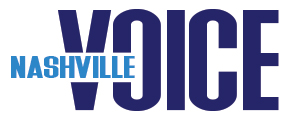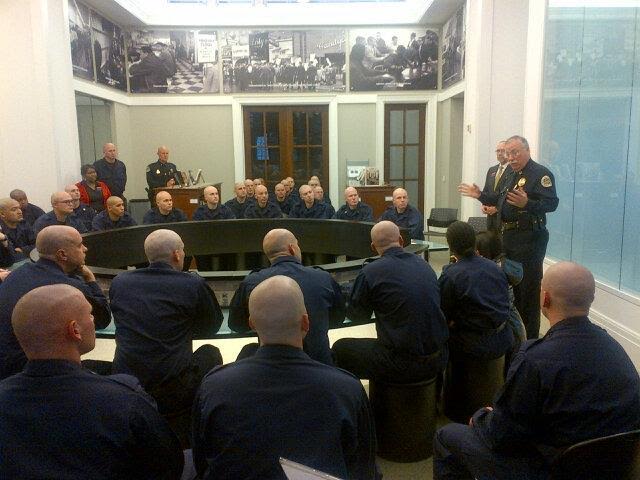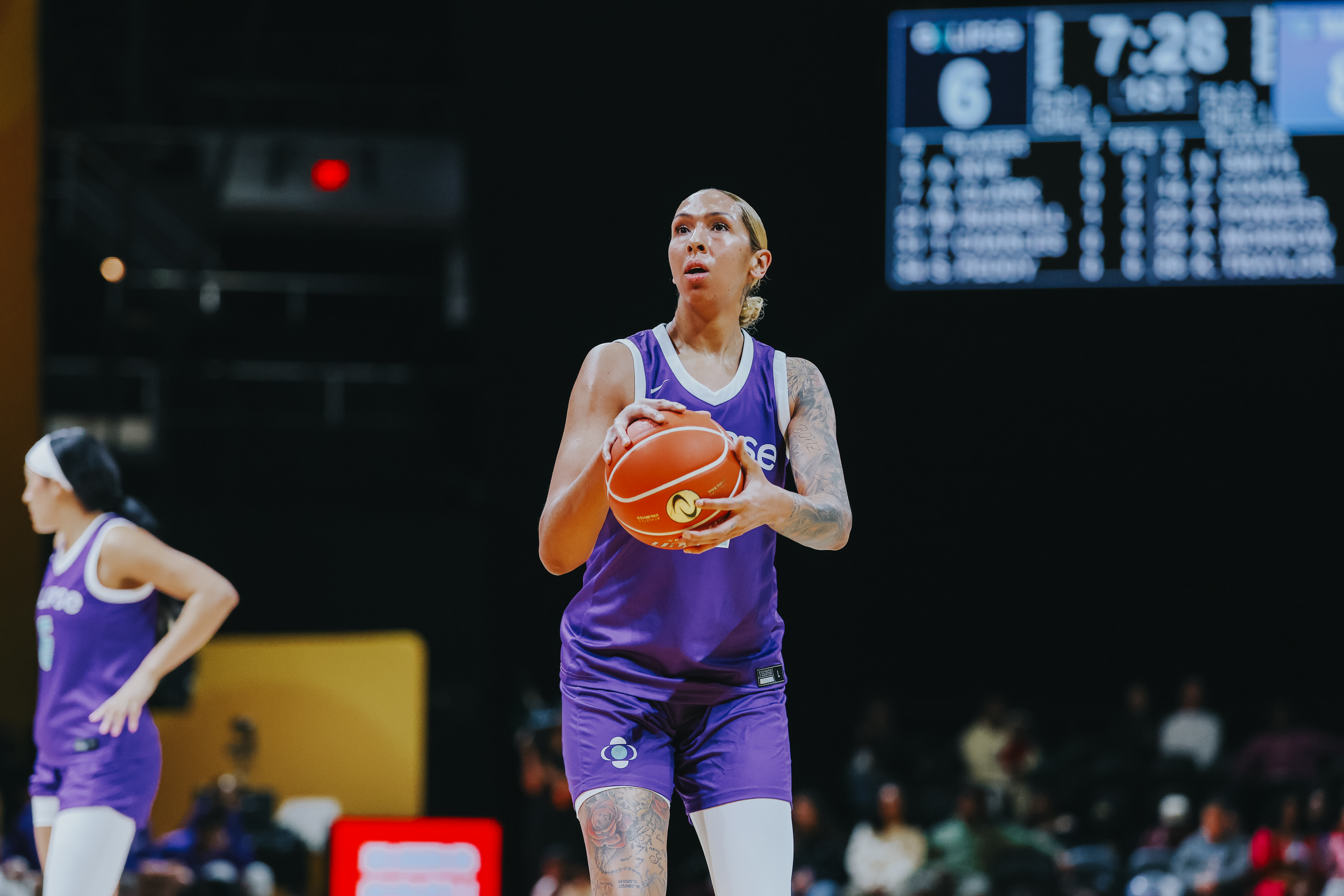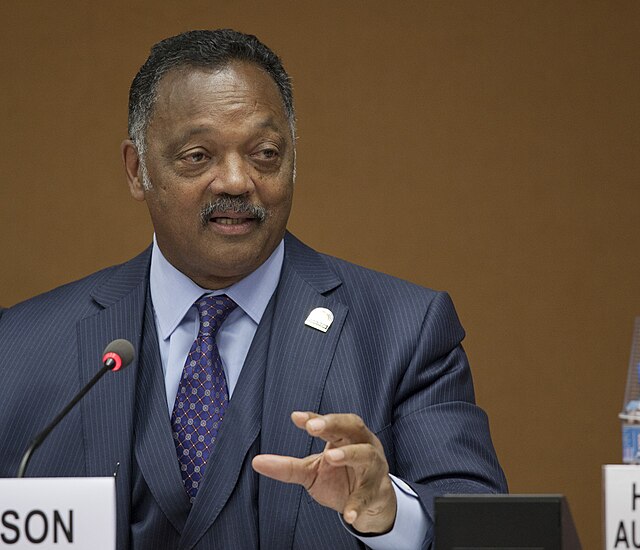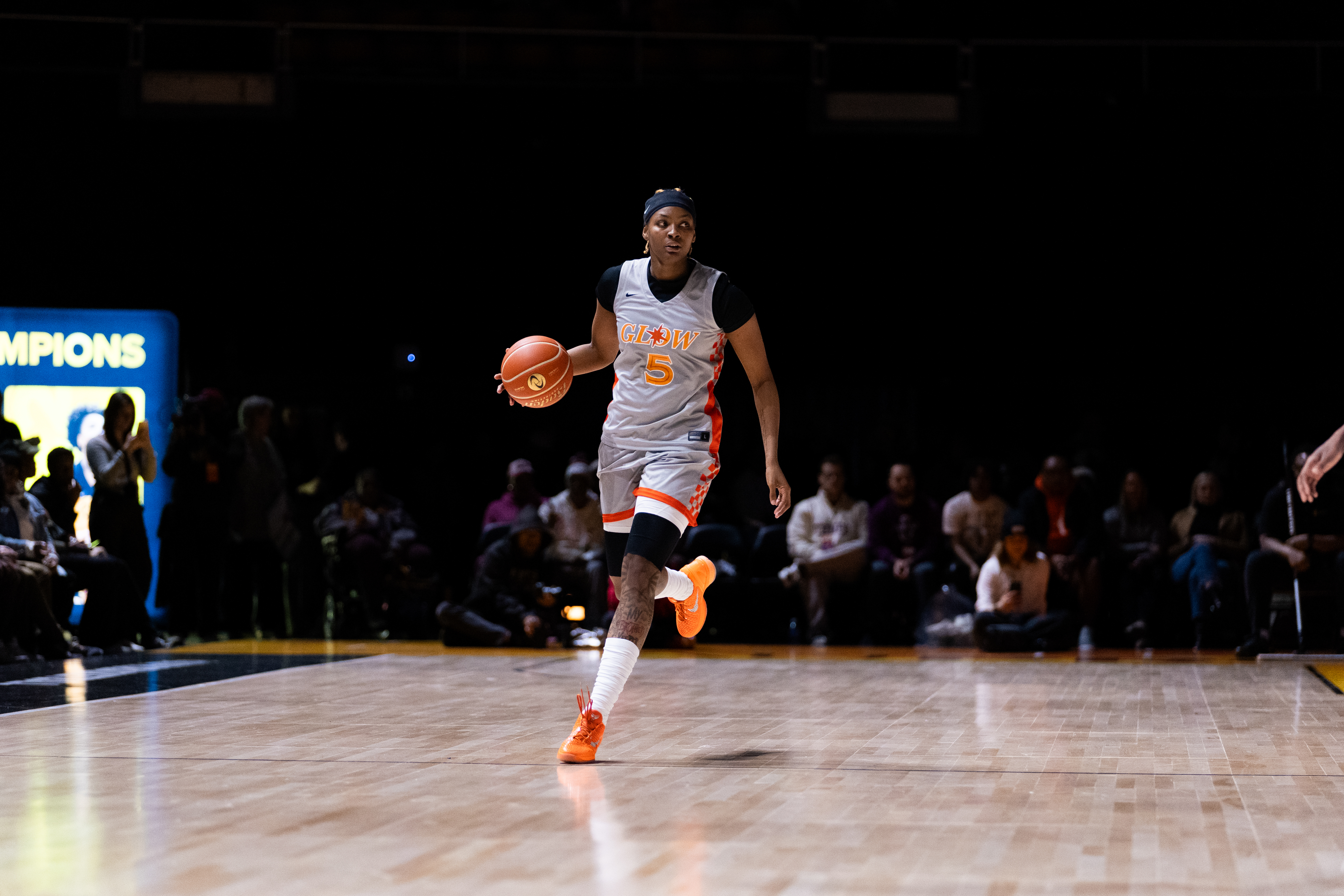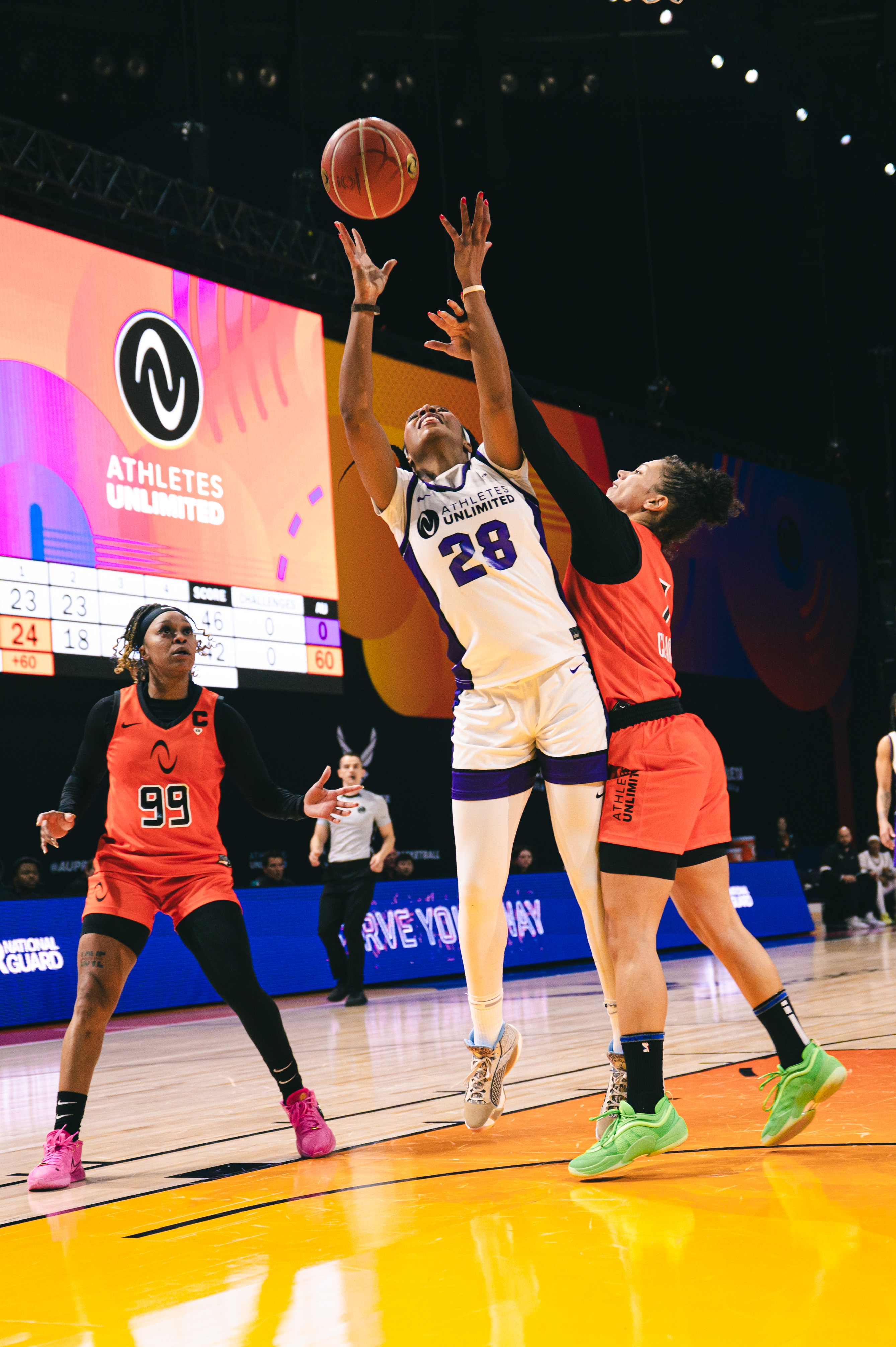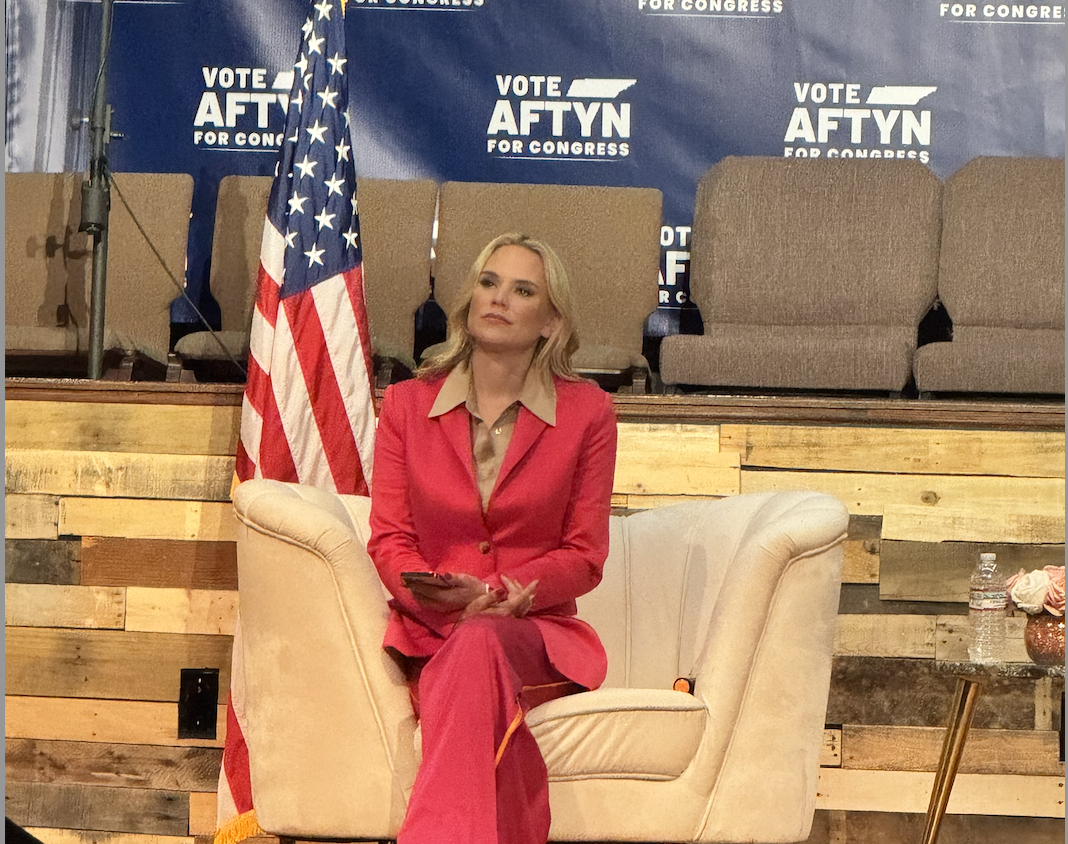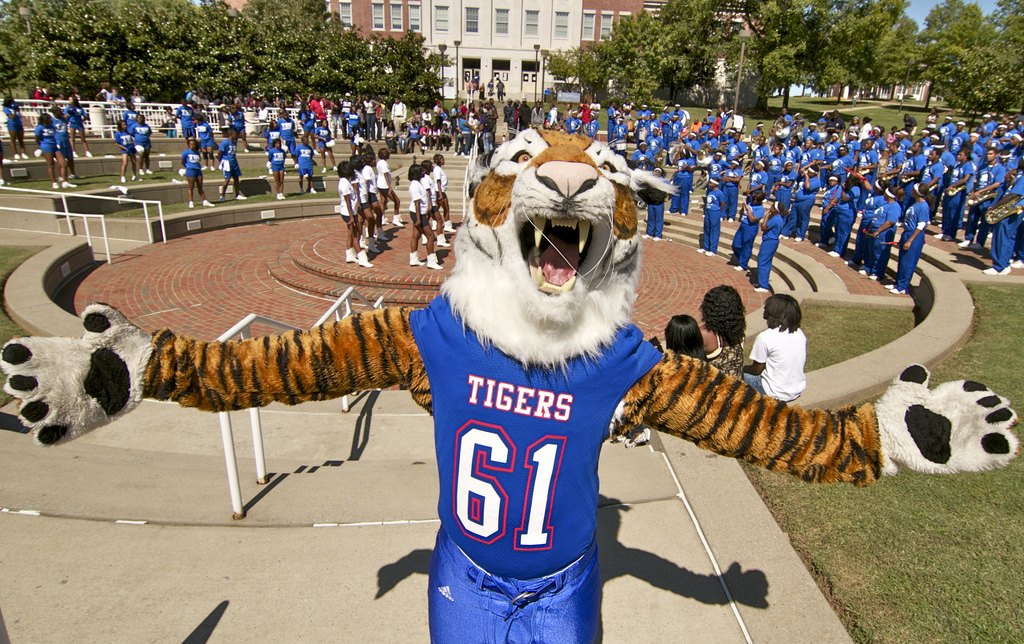By LEE JOHNSON | Nashville Voice
Inscribed on a wall in the “Civil Rights Room” at Nashville’s main library downtown, are the words of a young John Lewis: “If not us, then who? If not now, then when?
They were encouraging words the emerging civil rights leader uttered to his defiant fellow students, who sat at a whites-only lunch counter on the same downtown block decades ago.
Undoubtedly, the students repeated Lewis’ words, as Nashville police officers carried them by their hands and feet to a paddy wagon for refusing to move from their seats.
Such history is part of a special training session at the library called Civil Rights and a Civil Society. When the program started in late 2014, it was amid growing national tension between police and the black community, and the program was mainly geared toward new police recruits.
Andrea Blackman, the program’s creator, said Tennessee law enforcement officers turned to the library’s rich archive on the civil rights movement to “learn about past injustices and hopefully prevent future injustices and misconceptions from occurring.”
But over the last few years, the program’s effectiveness has spread, and Blackman said she’s replicated the program for community groups, corporations, educators, and other organizations.
“The goal of these conversations is to foster cultural sensitivity and awareness that informs present and future interactions between law enforcement, authority figures, and civilians in our community,” Blackman said. “The training sessions model for participants how to create an inclusive environment in which each member of the community is valued, respected, and given opportunities to fully contribute their talents.”
Recently, a session was held for a group participating in a Citizen Police Academy, which allows members of the community to learn about the intricacies of police work. Because their focus is on police work, Blackman said the Academy participants went through the same session for new police recruits.
Roosevelt Walker Sr., pastor of Faith United Missionary Baptist Church, was among those in the group. He said his wife went through the Academy before him and shared her experience at the library. Walker said he was intrigued, and looked forward to the group’s library session.
“With the current climate across the country, I just think that it’s something that’s needed,” Walker said of the library sessions, which can last from three hours to three days.
Others agree that the divisiveness permeating the country right now more than justifies the need for Civil Rights and a Civil Society training sessions.
Jacquelyn Miller, an adult literacy associate for the library, plans to join the Academy and attended the library session. She said, “change only happens when you have these kinds of hard conversations.”
“As a white person who does want to work toward anti-racism in our community, there needs to be more spaces like this,” she said. “It gives us an opportunity … to come together and talk about it.”
During the part of the session in the Civil Rights Room, Blackman asked the participants to look at the archival photos around the top of the room and go to the one that resonated with them the most.
For Brandon Marshall, it was a young black man in his early 20s holding a sign during an economic boycott of downtown Nashville businesses in 1960. The sign read: “Human Rights” Before Profits.
“He looked to be about the age I am now, so I kind of saw myself in his shoes back then,” said Marshall, who is a local television reporter. “I thought about what would it have been like if I was where he was, standing outside on the street, holding up the sign. It was people like him fighting for equality. I did not grow up in that time period, but I was able to connect in some type of way.”
But Marshall and others acknowledge that, ironically, it doesn’t matter if they were in that time period because the nation continues to wrestle with racism and inequality.
And if there’s to be justice and unity, they say people need to come together in spaces like the one provided at the library and have the tough conversations.
The words of John Lewis still apply today: “If not now, then when?”
To learn more about the Civil Rights and a Civil Society training session, visit civilrightsroomnashville.com.
